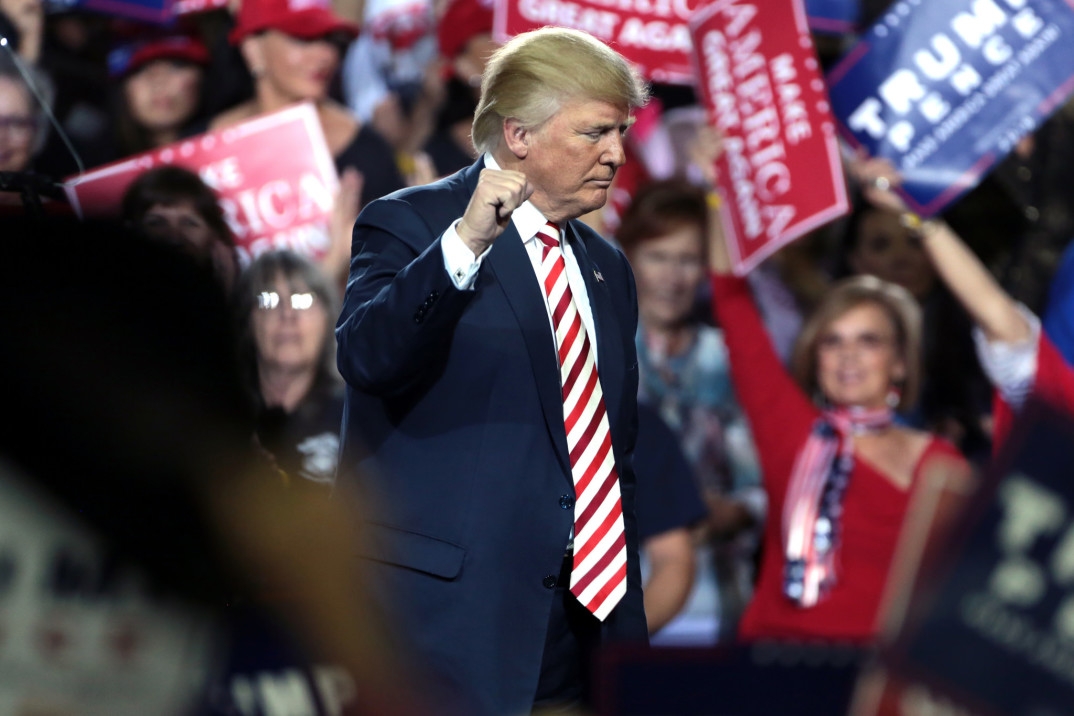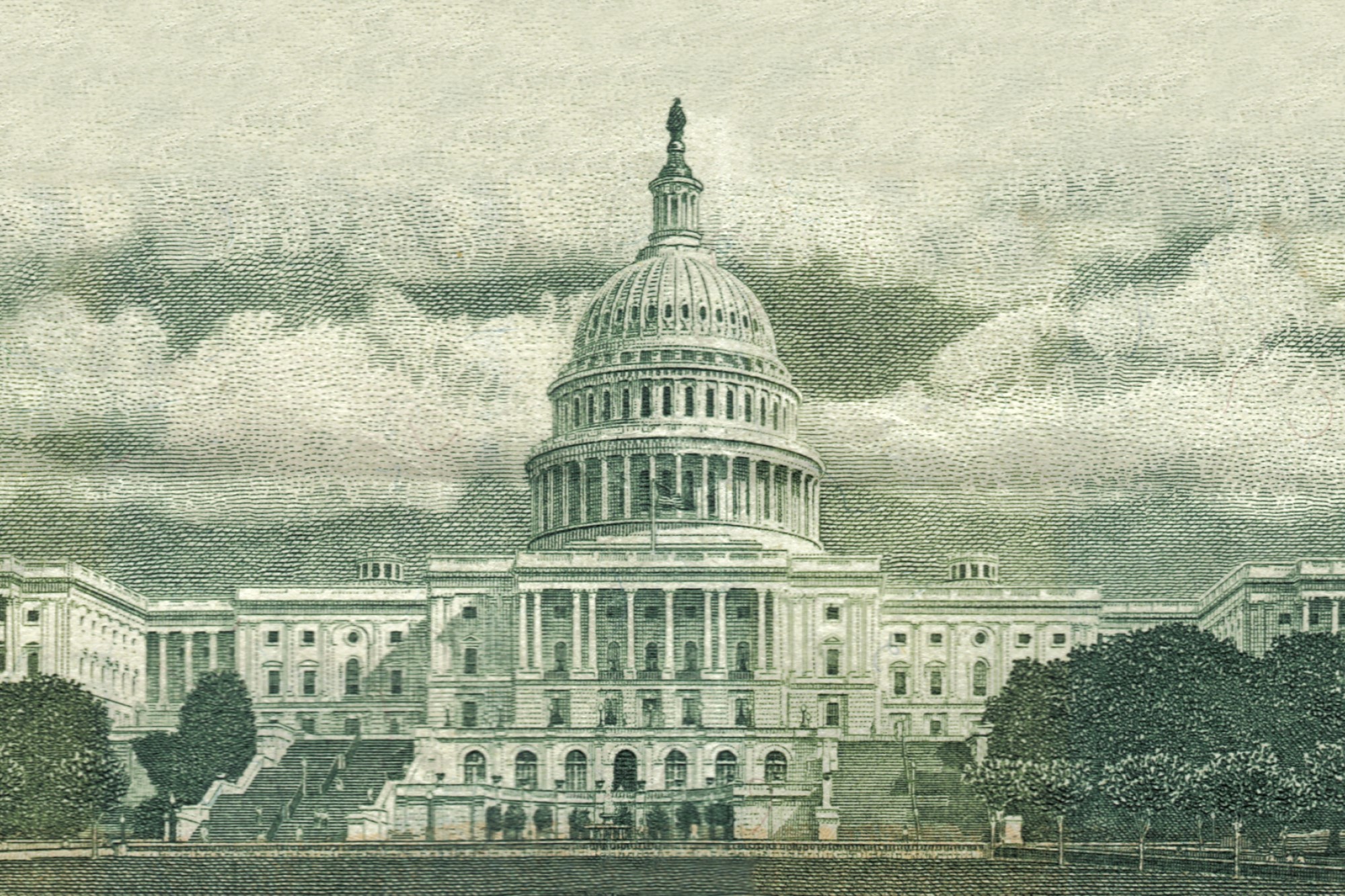Donald Trump as Anti-Establishment Figure: A Failure of Language
Given the vitriolic tenor that has characterized the 2016 Presidential election, few expected it would end with such silence. By the end of Election Day, what few had expected became a national reality – despite losing the popular vote, Trump had secured the White House with a commanding lead in the Electoral College. What was once unthinkable for many had happened, leaving the country struggling to describe what they had witnessed.
In wake of this silence, many have turned to familiar language to describe Trump’s victory. Foremost among this language is the notion of a Trump vote as an anti-establishment rebellion, a vote meant to repudiate the country’s liberal elites and the systems they inhabit. The New York Times, for example, reported Trump’s victory as a “stunning repudiation of the establishment,” and The New York Post proclaimed that his election served as a “necessary tonic against the arrogant liberal establishment.” Senator Bernie Sanders also used similar wording, noting that Trump “tapped into the anger of a declining middle class that is sick and tired of establishment economics, establishment politics and the establishment media.”
In many ways, such analysis has merit. The political institutions that enjoyed Obama’s years in the White House have been seen as inflexible to the perspectives of rural, white America, and will likely have to change to address such perspectives. Doing so will be a difficult but necessary process, one that will likely stretch far beyond this presidential election. Yet casting a Trump vote primarily as a vote against this establishment obfuscates the profound immorality that has marked his candidacy – a failure of language that does little to address the candidate’s troubling implications for our country.
On one level, it makes sense to describe Trump as anti-establishment. Classifying the candidate through the well-known language of the anti-establishment figure places him in a familiar context of American politics, one that is easy to communicate. In doing so, we are simply making sense of Trump’s candidacy in the way that fits into our existing political paradigm. Yet simply defining him as an anti-establishment candidate ignores the targeted wave of hateful rhetoric he has used to achieve this label – rhetoric that has already given license to white supremacists and anti-Muslim violence. While Trump’s election was surely a victory for working-class voters left out of the establishment, it was also a victory for racists and bigots who dream of a whiter America – a fact that classifying Trump as anti-establishment fails to capture.
Worse still, describing Trump as an anti-establishment figure lends him a heroic quality entirely unbefitting of the candidate. Throughout this election, such language has been paraded in front of the American people by campaigns on both sides of the political spectrum. Candidates ranging from Ted Cruz to Bernie Sanders have embraced the term, looking to lend a heroic air of the outsider to their respective races. Trump has relished this label as well, citing his role as an anti-establishment figure extensively in a closing argument tinged with anti-Semitic undertones. By adopting this language to describe him, we unwittingly reinforce the heroic connotations of the term – a characterization entirely inconsistent with Trump’s hateful words and actions.
It is for these reasons that we must think carefully about describing Trump as an anti-establishment candidate. Certainly, such language grants a degree of comfort, helping observers to accommodate Trump into our existing political framework. Yet treating Trump as a normal, or even heroic, part of these systems, rather than an immoral and atypical candidate who seized power by denigrating much of this country’s population, disguises the danger that he will present once he enters the White House – indeed, a danger that has already played out for those often targeted by his offensive speech.
We can and should place Trump’s rise in context, using existing language to address the legitimate needs of those who voted for him and analyze the forces that brought him to power. Yet, whatever label we ascribe to him, we cannot minimize the fact that he was also elected on a platform of bigotry, Islamophobia and thinly veiled anti-Semitism that continues to threaten our country’s sense of multiculturalism and common decency. Doing so may ultimately require new forms of language to adequately contextualize Trump’s candidacy. The last thing we should do is allow his hate to be normalized by the inadequacy of our vocabulary.





